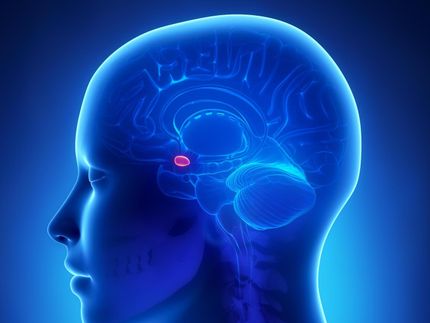Autism Speaks launches MSSNG portal for open-access genomics research
Autism Speaks launched the web-based portal for its MSSNG database, making the resource available to researchers.
Advertisement
The MSSNG portal enables qualified scientists to access, study and share findings on detailed genomic information from people with autism spectrum disorder and their family members.
MSSNG aims to sequence the complete genomes of 10,000 individuals affected by autism and their families by early 2016 - an unprecedented undertaking that provides the global autism research community with an open resource to answer some of the most vexing questions about the disorder.
The new portal, developed as an open source project in partnership with BioTeam, Inc., represents a much-anticipated step in making MSSNG's wealth of genomic data available to the autism science community. To date, MSSNG has completed sequencing of 3,540 genomes, of which 1,715 are available to researchers through the portal, with the remaining being readied for release. Several thousand additional genomes are undergoing sequencing with Macrogen.
Autism Speaks' development of the MSSNG portal also includes collaboration with The Centre for Applied Genomics at the Hospital for Sick Children, in Toronto, and Google to analyze and store MSSNG's data utilizing Google Cloud Platform and Google Genomics. So far, more than 60 researchers at 26 prestigious institutions on four continents have been approved to access the data via the portal.
"The development, open sharing and collaborative exploration of massive databases of genomic information, like those already available through MSSNG, will shape the future of autism research more than any other specific area of scientific investment," said Dr. Robert Ring, chief science officer at Autism Speaks.
"The development of the portal system to contextualize and make accessible the massive amounts of data for researchers and doctors is as important to the project as getting the genome sequencing itself," said Dr. Stephen Scherer, director of the MSSNG project, and a senior scientist at the Hospital for Sick Children and professor of medicine at the University of Toronto.
























































